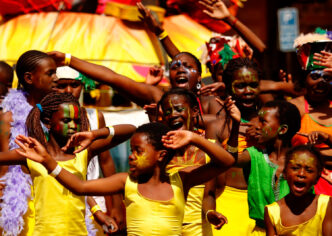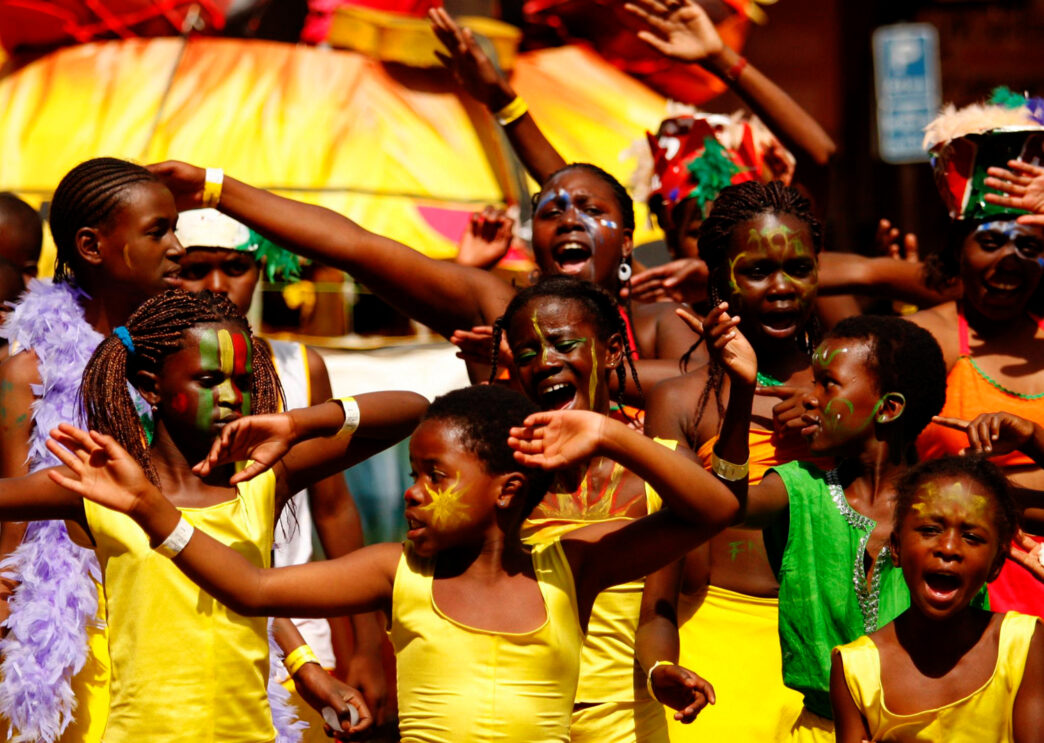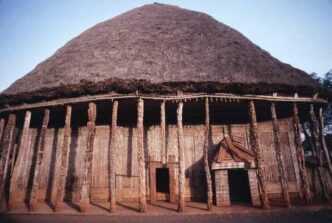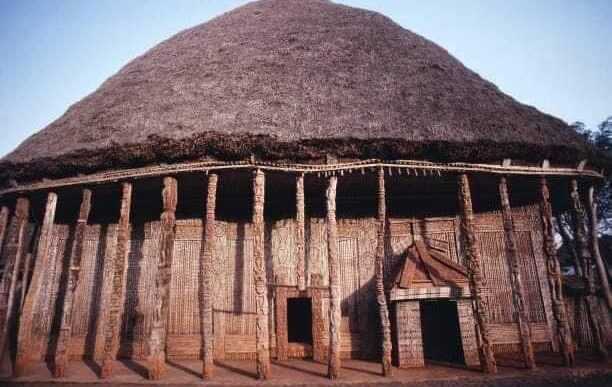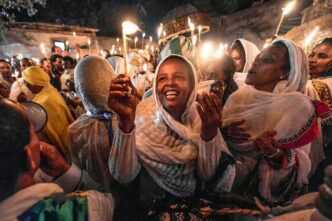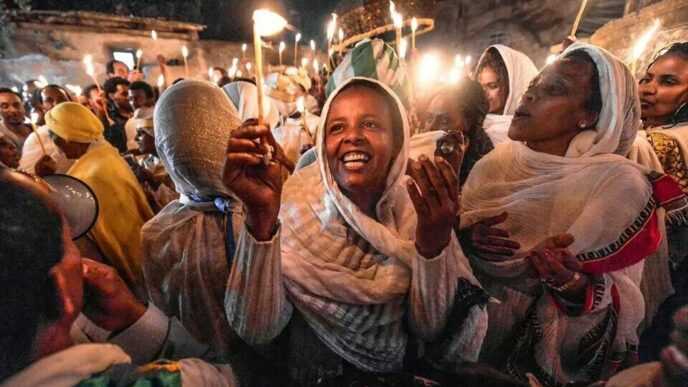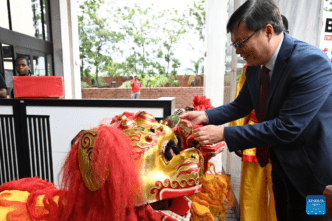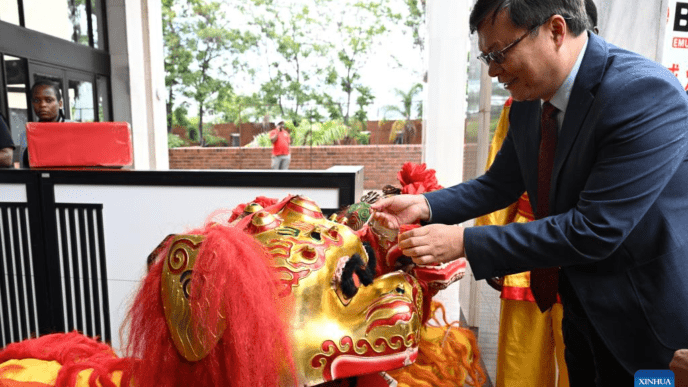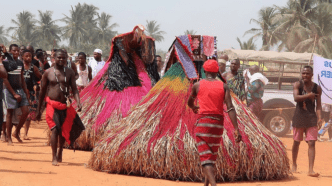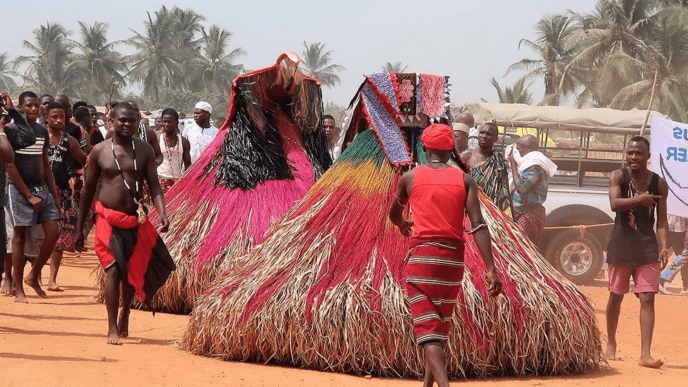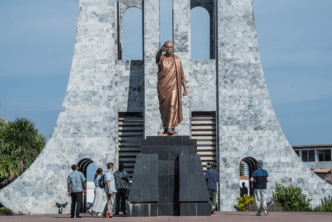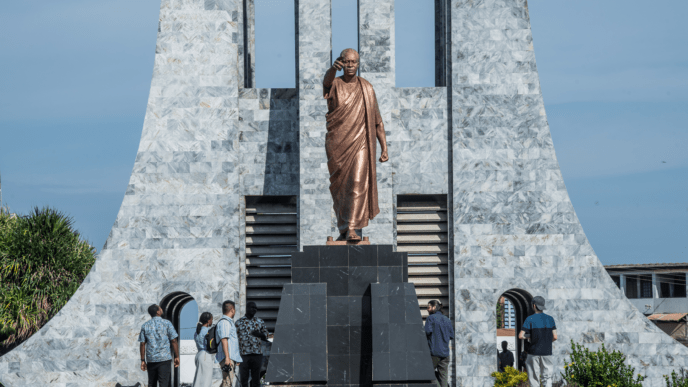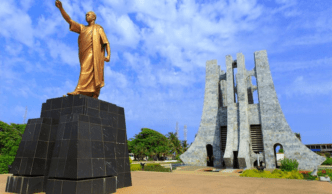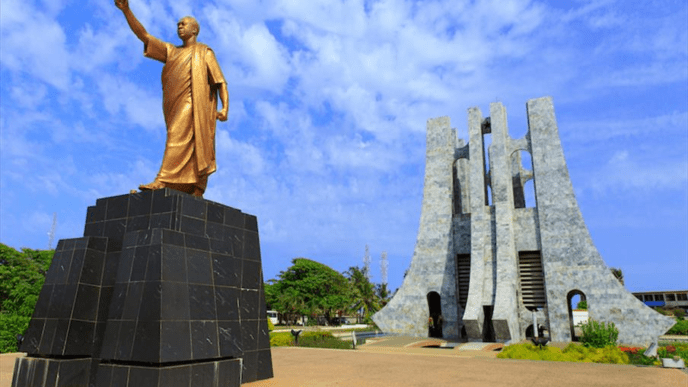As the New Year approaches, countries across Africa burst into vibrant celebrations, each rich with unique traditions and customs.
From Ghana to Ethiopia, South Africa to Burkina Faso, these cultural festivities highlight the diverse ways in which African communities welcome the New Year.
Here are some fascinating New Year traditions from different African cultures:
1. Libation Pouring in Ghana
In Ghana, the New Year begins with the pouring of libation. This ancient tradition involves offering a liquid, often palm wine or water, to the gods and ancestors as a way of seeking their blessings and protection for the coming year.
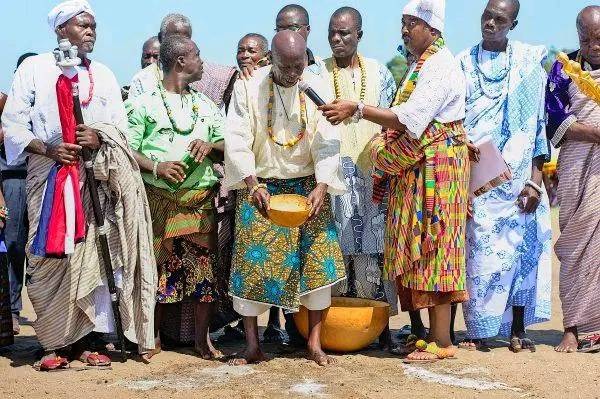
Pouring of Libation – Tsiƒoƒo Ɖe Anyi
In African culture and traditional religion, the ritual of pouring libation is a crucial ceremonial practice and a way to honor the ancestors. Ancestors are not only respected in these cultures but also invited to participate in public functions as they are revered as deities. A prayer is offered through libations, invoking the presence of the ancestors. This ritual is generally performed by an elder.
While water can be used, traditional wine such as Akpeteshie is commonly poured, accompanied by an invitation and invocation to the ancestors, gods, and God. In Ghana’s Volta region, a mixture of water and corn flour is also used for pouring libation.
Reasons for Pouring Libation:
- To seek protection against foes and adversaries.
- For a good harvest.
- To invite the invincible presence of the gods in community celebrations.
- To seek help and favor.
When pouring libation, some people say “Dagbénéva,” which means “Success should come.”
This sacred practice is a testament to the deep spiritual connection and reverence for ancestors and deities in African cultures.
2. Egg Race in Ivory Coast
In Ivory Coast, a unique tradition called the Egg Race marks the New Year. Participants race with eggs balanced on spoons, and the winner symbolizes new life and prosperity for the year ahead. It’s a fun and symbolic way to celebrate the start of a new year.
The egg, symbolizing new life, must remain unbroken as racers strive to reach the finish line first. This playful competition underscores themes of renewal, fertility, and the beginning of new life.
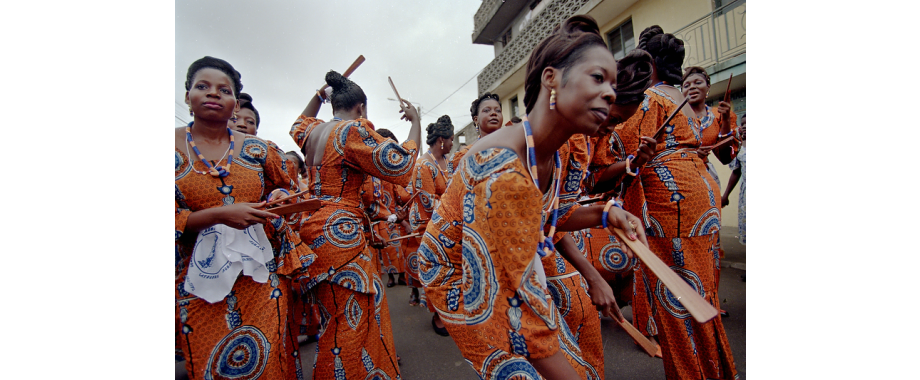
Traditional Foods and Feasts
Families prepare and share traditional dishes such as fufu (a starchy side made from cassava), alloco (fried plantain), and riz gras (flavored rice). These meals are often accompanied by chicken or fish, and desserts may include local sweets made from coconut, peanuts, and tropical fruits.
Church Services and Religious Observances
Many Ivorians attend church services on New Year’s Eve and New Year’s Day to give thanks for the past year and pray for blessings in the new one. The predominantly Christian population ensures that these religious observances are an integral part of the celebrations.
Fireworks and Social Gatherings
Fireworks are set off in urban areas to mark the transition to the New Year at midnight. Social gatherings, parties, and family reunions are common, with people coming together to share meals, exchange gifts, and enjoy each other’s company.
These traditions reflect the vibrant and diverse culture of Ivory Coast, making New Year’s a special time of connection and celebration
3. Feasting and Yellow Daisies in Ethiopia
In Ethiopia, families gather for elaborate feasts to celebrate the New Year, known as Enkutatash. They exchange yellow daisies, which symbolize hope and renewal. The festivities include singing, dancing, and sharing meals with loved ones.
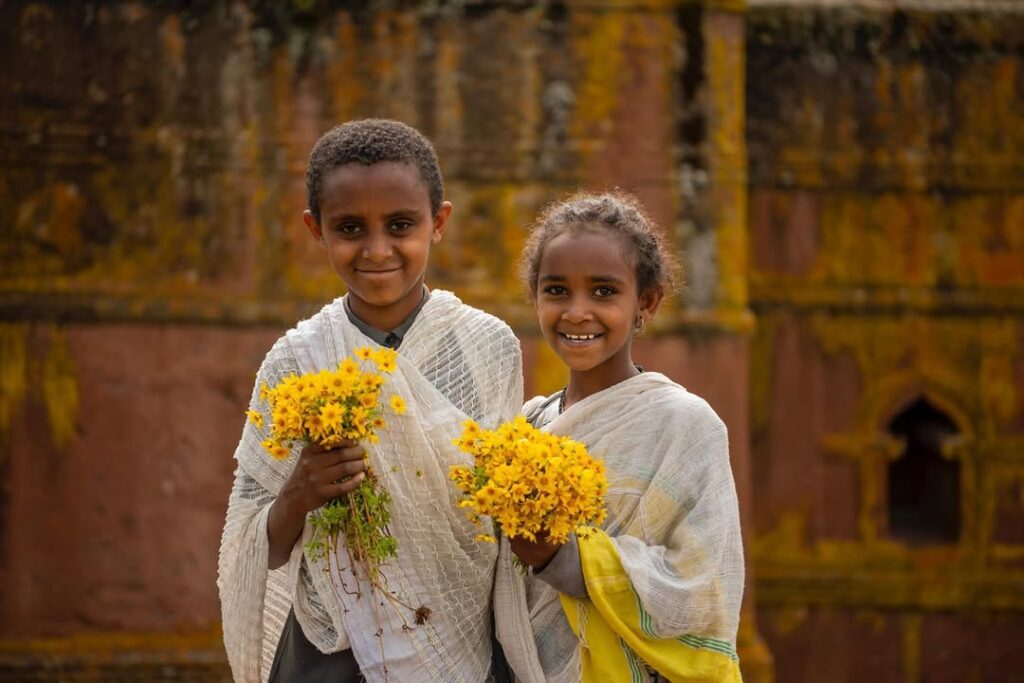
Enkutatash in Ethiopia and Eritrea
In Ethiopia and Eritrea, the New Year, or Enkutatash, is celebrated in September. Specifically, it falls on September 11 according to the Gregorian calendar, or on the first day of the month of Meskerem in the Ethiopian calendar. Enkutatash marks the end of the rainy season and the beginning of the harvest period. The celebration involves church services, feasting, dancing, and exchanging gifts of flowers.
4. Flinging Old Furniture in South Africa
In South Africa, it’s common to fling old furniture out of windows to symbolize casting off the baggage of the previous year and welcoming new beginnings. This tradition is a way to physically and symbolically let go of the past and make room for new opportunities.
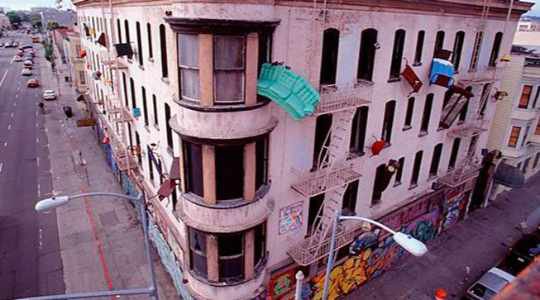
This represents a metaphor for overcoming your problems and starting anew. As the clock strikes 12, chaos and fun take over the street.
5. Yennengas Ride in Burkina Faso
In Burkina Faso, the New Year is celebrated with the Yennengas Ride, a traditional horse race. The race is a display of skill and bravery, and it brings communities together to celebrate and honor their cultural heritage.
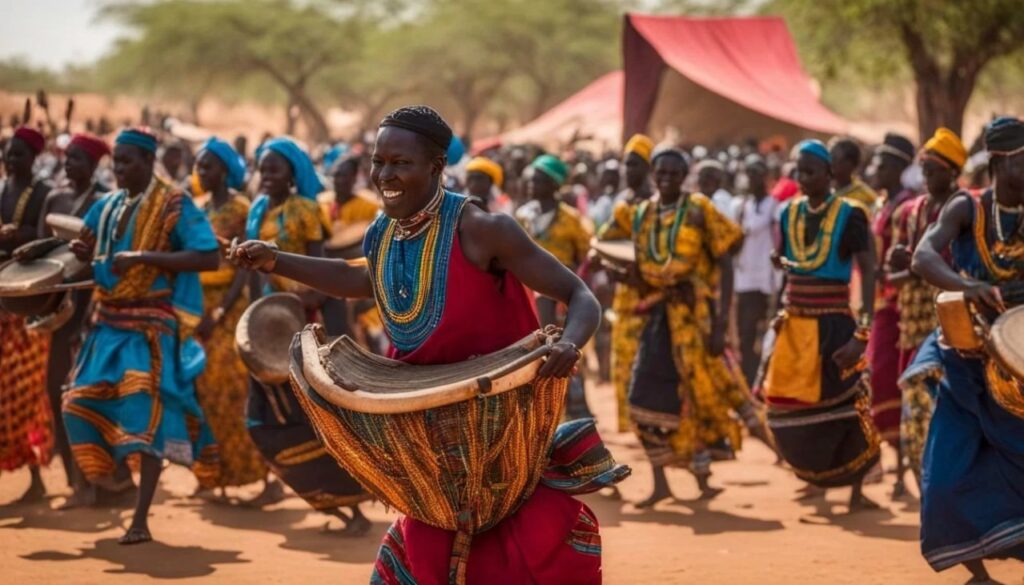
Other New Year’s Celebrations in Burkina Faso
–Family Gatherings: People come together with family and friends to share meals and exchange good wishes for the upcoming year.
–Festive Food: Families prepare and enjoy traditional dishes such as millet, sorghum dishes, or tô served with a variety of sauces, celebrating the richness of local cuisine.
–Church Services: Many religious Burkinabè attend church services to express gratitude for the past year and pray for blessings in the new one.
–Music and Dance: Music plays a central role in the festivities, with concerts and dances featuring both traditional music and contemporary popular tunes.
–Fireworks: In cities like Ouagadougou, the night sky lights up with fireworks at midnight, marking the arrival of the New Year in a spectacular fashion.
These customs reflect the vibrant culture and communal spirit of Burkina Faso, making New Year’s a special time of connection and celebration.
6. Akan New Year in Côte d’Ivoire
In Côte d’Ivoire, the Akan people celebrate the New Year with various rituals and ceremonies. These include traditional prayers, offerings, and communal feasts to honor the ancestors and seek blessings for the new year.
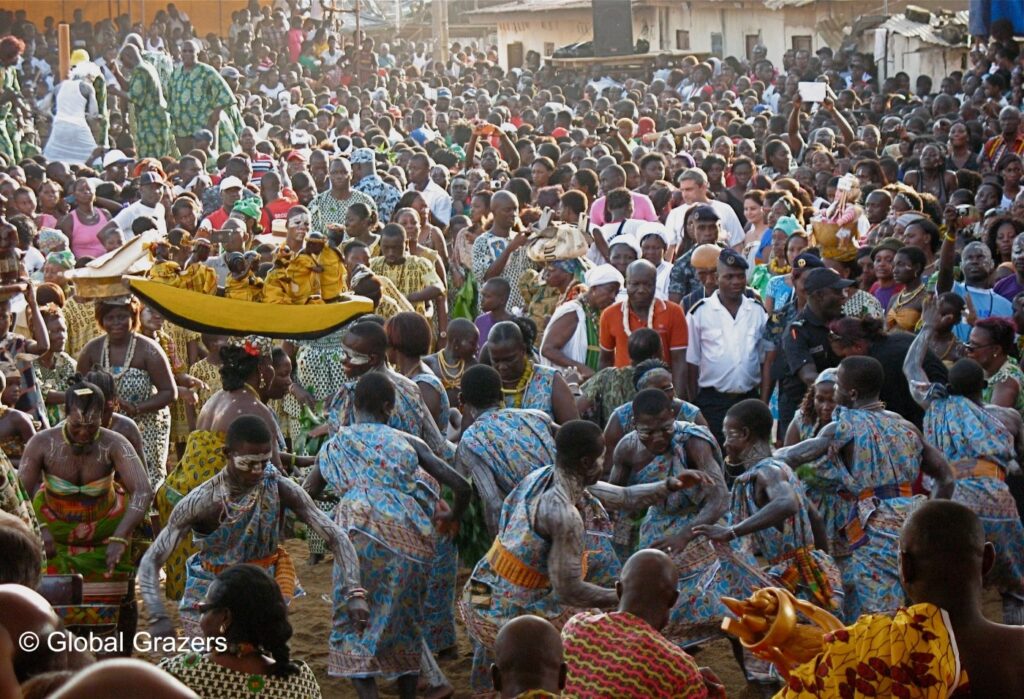
Abissa is a traditional festival that marks the beginning of the new year for the N’zima people. It is celebrated annually in the last week of October or early November and is a time of forgiveness, rebirth, and celebration of the past year.
In the Akan calendar, one year is represented by nine cycles (also called Adae). Following the Akan calendar, according to which each cycle constitutes a period of about 42 days, the Adae festival is celebrated on two occasions in each cycle—Akwasidae, falling on a Sunday, and Awukudae, falling on a Wednesday.
Celebrating New Year Traditions Across Africa and the African Diaspora
African American Kwanzaa Celebrations
African Americans celebrate the New Year with Kwanzaa, a secular holiday in African-American culture that takes place from December 26 to January 1. Kwanzaa coincides with the harvest period in Africa and is a time to honor African heritage, culture, and traditions. The celebration includes lighting the Kinara, discussing the seven principles (Nguzo Saba), and enjoying communal feasts, music, and dance.
Nile Bathing Ritual in Sudan
In Sudan, people welcome the New Year by bathing in the Nile River on the night of December 31. This ritual is believed to cleanse individuals of their sins, offering a symbolic rebirth and a fresh start for the New Year. The tradition emphasizes purification and renewal, reflecting the importance of water in Sudanese culture.
African Christmas Rituals
Many African Christmas rituals are closely tied to expressing intentions for the future, giving thanks for the past year, and embracing new beginnings. These celebrations often involve communal feasts, dancing, singing, and traditional ceremonies that highlight the significance of family, community, and gratitude.
These diverse New Year traditions highlight the rich tapestry of African and African Diaspora cultures.
Each of these traditions reflects the rich cultural heritage and deep connection to the natural world that is characteristic of many African societies.
Do any of these traditions particularly interest you?
Please share your cultural traditions and celebrations for the New Year.
You Should Also Read;
– Top Tourist Destinations in Africa for 2025
